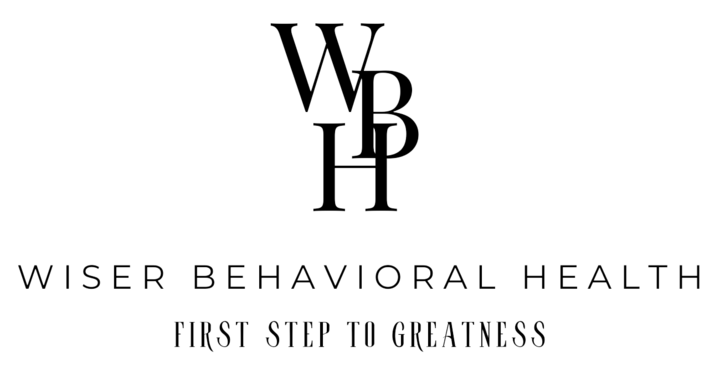Postpartum disorders, encompassing a range of emotional and psychological issues, can significantly impact new mothers following childbirth. The causes of these disorders are multifaceted, involving a complex interplay of biological, environmental, and psychological factors. Hormonal changes play a crucial role; the dramatic drop in estrogen and progesterone levels after delivery may contribute to postpartum mood disturbances.
Additionally, the physical exhaustion from labor, lack of sleep, and the stress of adjusting to a new caregiving role can exacerbate these conditions. Risk factors include a history of mental health problems, inadequate social support, relationship stress, and experience of trauma or complications during childbirth. Understanding these contributing elements is vital for early identification and effective management of postpartum disorders, ensuring mothers receive the support they need during this challenging period.




